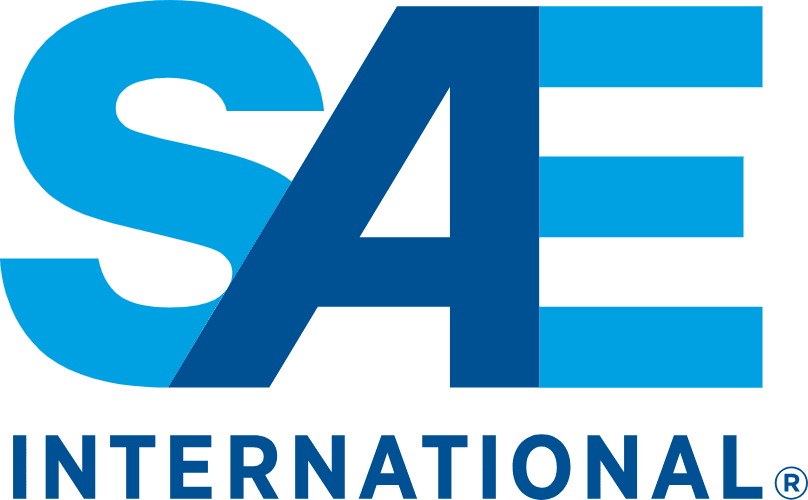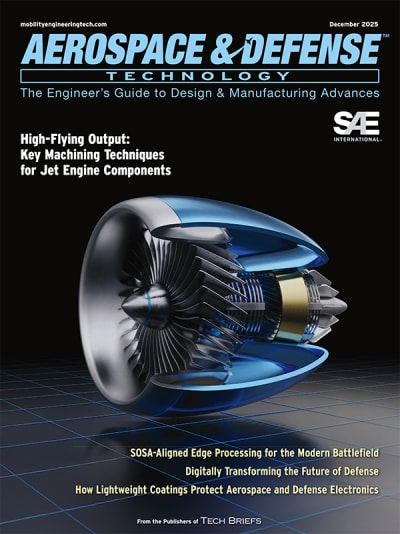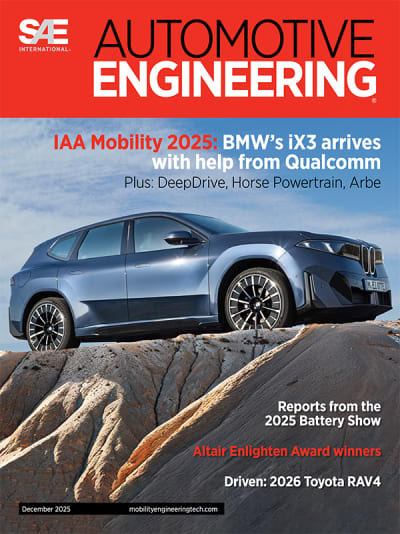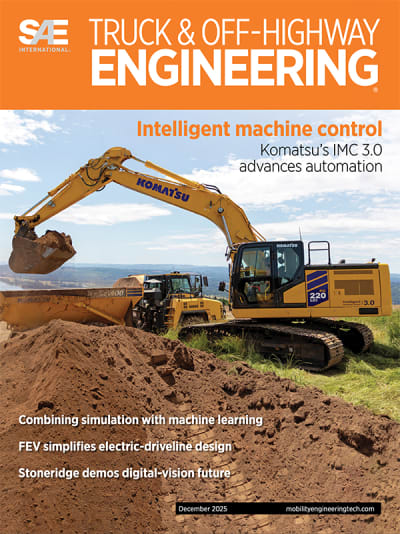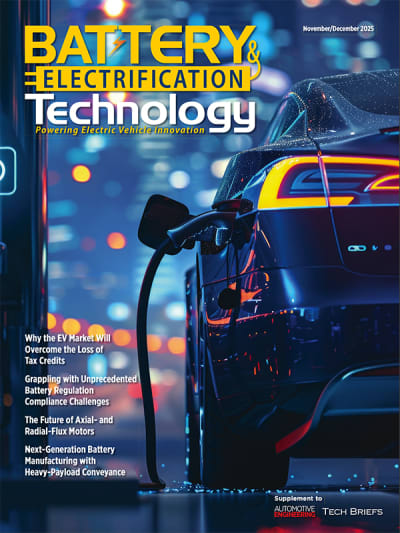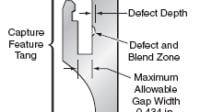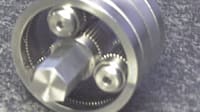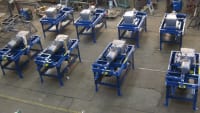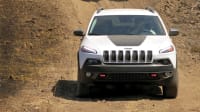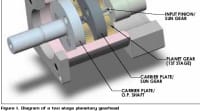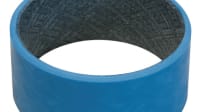Surviving Nature’s Worst: Why IP Ratings Matter for Bevel Boxes in Harsh Environment
Lower IP ratings can mean higher whole-life costs, proving the importance of ingress protection for critical components.
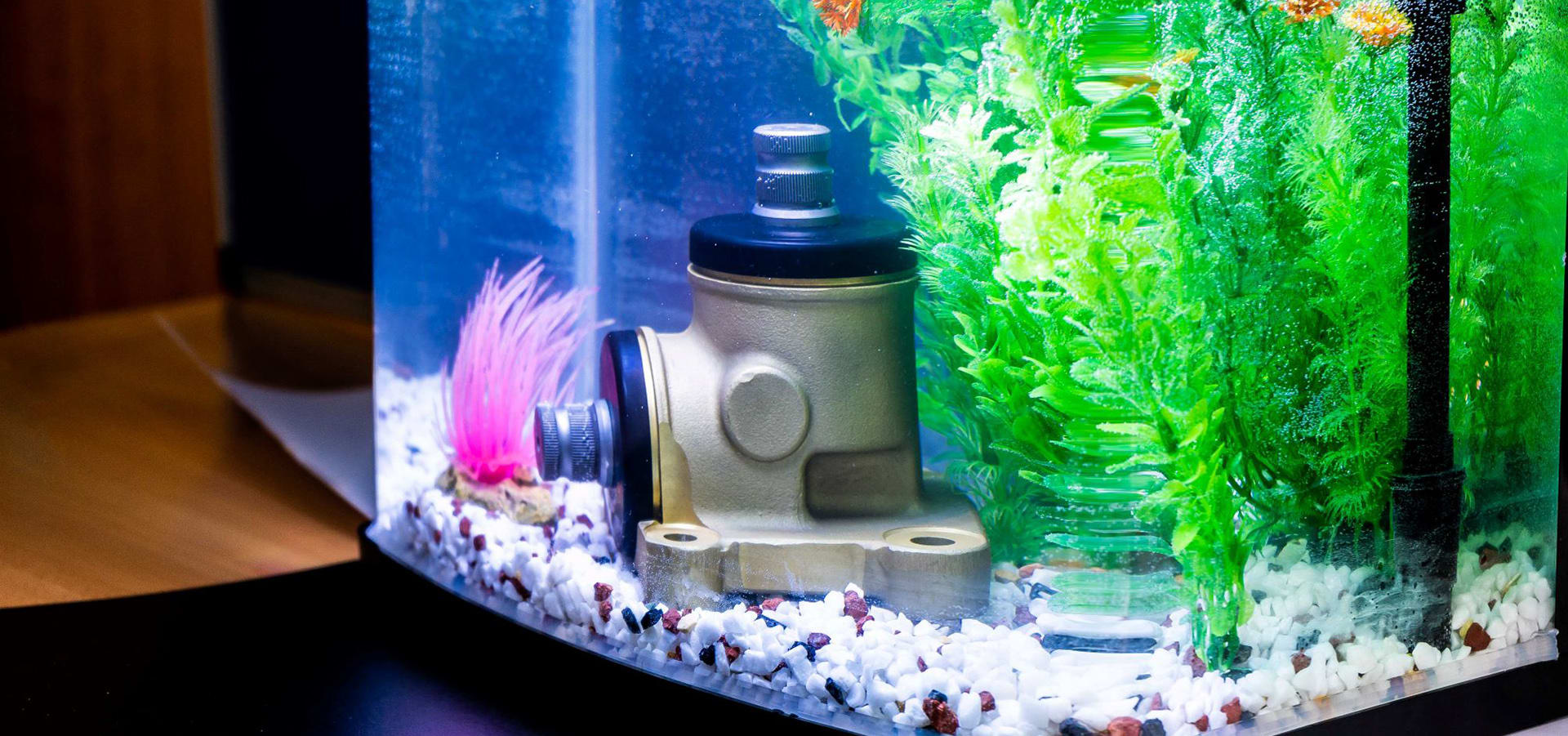
Some areas in the U.S. can average up to 70 inches (178 cm) of rainfall annually. In these conditions, it's essential that critical components like miter boxes are designed to withstand extreme environments. For commercial vehicles, a miter box with an Ingress Protection (IP) rating of at least 66 ensures protection against high-pressure water spray, while an IP rating of 67 is needed to handle full submersion.
IP ratings are useful ways of showing how well an object is sealed against contaminants like dust and water, both of which are common challenges in under-chassis environments. Getting that protection right is crucial when it comes to miter boxes.
These components need to work smoothly and reliably, even when exposed to the harsh, messy conditions under the chassis. That means OEMs need assurances that their components are sealed according to the correct standards.
To prove just how tough our miter boxes are, a colleague once did something a bit unexpected. He put one in a fish tank. No fish, just the miter box, fully submerged and placed in our reception area. It might have raised a few eyebrows, but it made the point loud and clear, these miter boxes are built to withstand extreme environments.
Miter boxes transmit torque via a set of bevel gears and a cast housing. They play a crucial role in transferring the input from the driver through the steering system, often through tight envelopes that assist OEMs in reducing packaging space and weight. The box must provide a smooth and consistent output for the driver and therefore must be sufficiently sealed for the harsh conditions of under-chassis life.
Miter boxes can be customized for different applications, with optional mounting interfaces and ratios. If you add in the requirement for performance and durability in extreme conditions, such as freezing temperatures or vehicles with wading capabilities, then the IP rating becomes a key part of the specification.
If an engineer had encountered the bevel box in a fish tank, they might have said: “Well, that looks good, but what’s the IP rating?”
A look inside the box
To understand the need for customization, high-quality materials and rigorous testing, it is worth looking inside the miter box to better understand the internal components we are protecting from moisture and debris. Some of the most crucial elements of the box are the gears, bearings and lubrication.
They all play their role inside a miter box to support the input and output shafts and allow them to rotate smoothly while minimizing friction. Lubrication is essential for the smooth and efficient operation of bevel gears and bearings. Water ingress can lead to contamination of this lubrication, which can impact the function of the internal components, causing problems such as increased torque and noise.
In the worst-case scenario, water can pool inside the box and, when subjected to freezing temperatures, resulting in rapid locking of the bevel box. Therefore, it is imperative that the bevel box is sealed for the lifetime of the vehicle to ensure the effective performance of these critical components.
Whole life costs
Whether you have a military vehicle wading through deep water or a heavy-duty commercial vehicle travelling long distances in freezing conditions, a relatively small intrusion of moisture or debris can cause major issues in your miter box. The impact might not always be felt immediately, but over time it will result in degradation of the lubricants, increased torque, increased noise and steering issues. Ultimately, it can cause premature failure of the steering components, which can be costly for vehicle manufacturers forced to pay out for replacements.
A bevel box with a high IP rating will be tested to ensure it can offer the right level of ingress protection for the chosen application. The certification process is carried out by a third party to ensure that the parts have been subject to rigorous testing. For military vehicles, a high IP rating is often essential, but for commercial vehicles, there might be occasions where the engineer thinks they can save on cost by selecting a cheaper miter box.
While it’s not surprising that an engineer will want to reduce costs, the savings in these circumstances are generally negligible when compared to whole life vehicle costs. The costs that would be incurred if the part were to fail are vast in comparison. Even a small amount of moisture could result in damage if the component failed and needed replacing.
At Pailton Engineering, we prioritise whole-life costs in our designs. By manufacturing all our miter boxes and their internal components in-house and subjecting them to rigorous third-party testing, we meet the highest IP standards to provide components that can withstand even the harshest environments.
While our fish tank demonstration raised a few eyebrows, it also made a real statement: a miter box designed and tested for a commercial vehicle needs to be sealed for life. For high-pressure water spray, an IP rating of 66 is essential, and for full submersion, you’ll want an IP rating of 67. That kind of protection ensures your vehicle will keep running smoothly, no matter the conditions.
Nick Jordan is head of Engineering and Quality at steering components manufacturer Pailton Engineering.
Top Stories
INSIDERManufacturing & Prototyping
![]() How Airbus is Using w-DED to 3D Print Larger Titanium Airplane Parts
How Airbus is Using w-DED to 3D Print Larger Titanium Airplane Parts
INSIDERManned Systems
![]() FAA to Replace Aging Network of Ground-Based Radars
FAA to Replace Aging Network of Ground-Based Radars
NewsTransportation
![]() CES 2026: Bosch is Ready to Bring AI to Your (Likely ICE-powered) Vehicle
CES 2026: Bosch is Ready to Bring AI to Your (Likely ICE-powered) Vehicle
NewsSoftware
![]() Accelerating Down the Road to Autonomy
Accelerating Down the Road to Autonomy
EditorialDesign
![]() DarkSky One Wants to Make the World a Darker Place
DarkSky One Wants to Make the World a Darker Place
INSIDERMaterials
![]() Can This Self-Healing Composite Make Airplane and Spacecraft Components Last...
Can This Self-Healing Composite Make Airplane and Spacecraft Components Last...
Webcasts
Defense
![]() How Sift's Unified Observability Platform Accelerates Drone Innovation
How Sift's Unified Observability Platform Accelerates Drone Innovation
Automotive
![]() E/E Architecture Redefined: Building Smarter, Safer, and Scalable...
E/E Architecture Redefined: Building Smarter, Safer, and Scalable...
Power
![]() Hydrogen Engines Are Heating Up for Heavy Duty
Hydrogen Engines Are Heating Up for Heavy Duty
Electronics & Computers
![]() Advantages of Smart Power Distribution Unit Design for Automotive...
Advantages of Smart Power Distribution Unit Design for Automotive...
Unmanned Systems
![]() Quiet, Please: NVH Improvement Opportunities in the Early Design...
Quiet, Please: NVH Improvement Opportunities in the Early Design...
